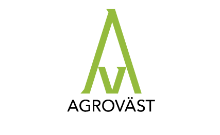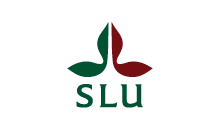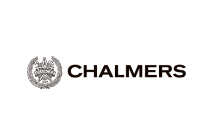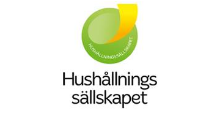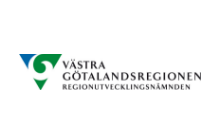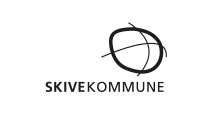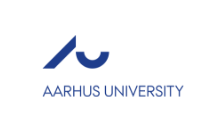The project Green Valleys
Green Valleys is a Swedish-Danish research collaboration with the aim of establishing a development platform for green biorefining. The project is funded by the EU Interreg Öresund-Kattegat-Skagerrak and the Västra Götaland Region. Partners in the project are Agroväst, which is leading the project, Chalmers University of Technology, department of natural resources at Region Västra Götaland, SLU, Hushållningssällskapet Sjuhärad, Aarhus University and Skive kommune. Two demonstration plants have been built, a larger research-based one in Denmark at Aarhus University, AU Viborg (forskningsenhed Foulum) and a smaller farm-based pilot plant in Sweden at Sötåsen Agricultural School.

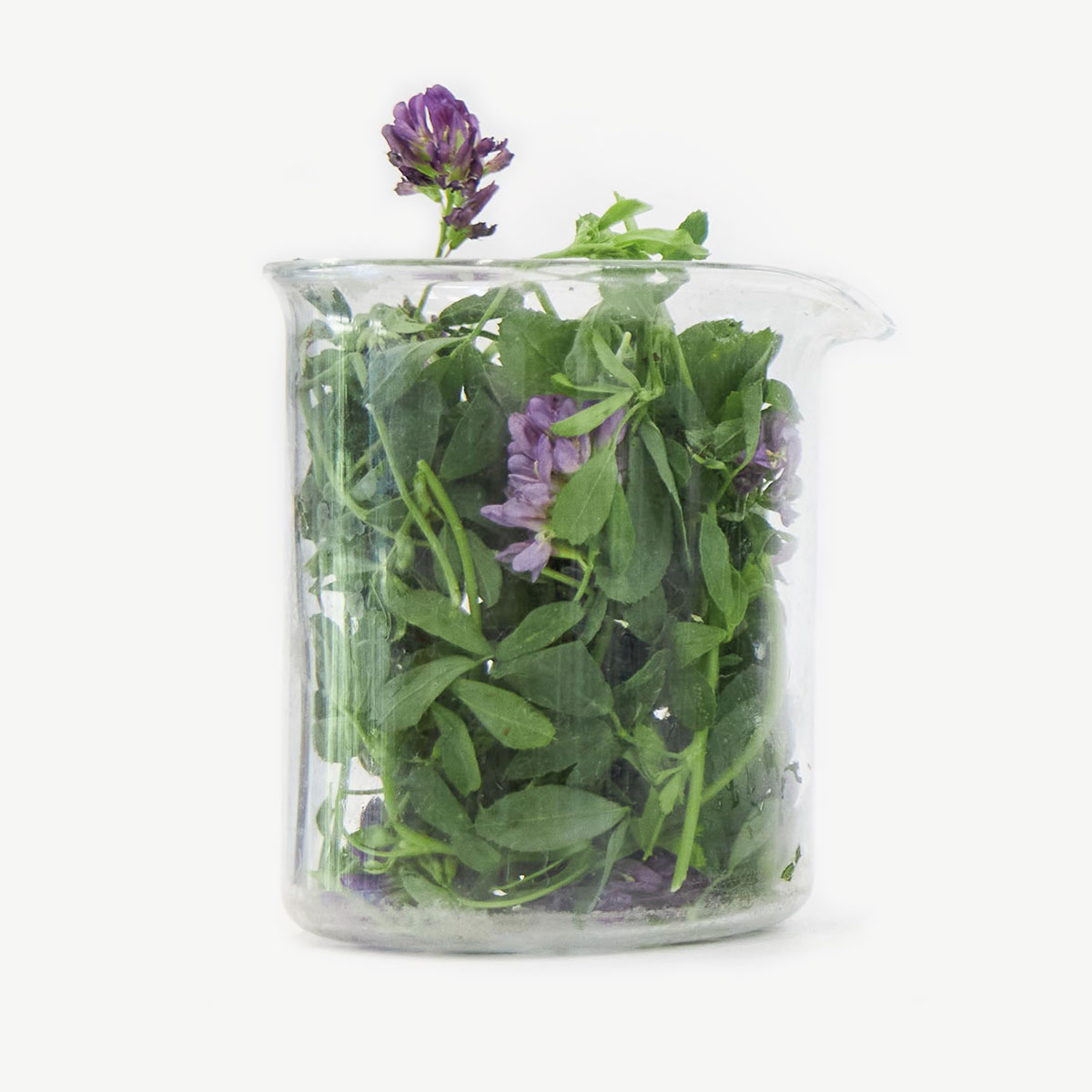
A new market for grass and clover is here
The Nordic countries have good conditions for grass production. More grass in the crop rotation increases fertility and gives higher yields in subsequent crops. As grass is a perennial crop, it reduces nitrogen leaching to lakes, seas and streams compared to annual crops. In addition, wheat has a developed root system which helps to store carbon in the soil. Adding more grass to the crop rotation reduces the need for chemical fertilisers and pesticides.
Fresh grass can be processed in a biorefinery into a protein concentrate for feeding to animals that cannot absorb protein from grasses and clovers themselves, such as pigs, poultry and fish, and thus has the potential to replace imported soy from South America, which has a large negative carbon footprint. In the long term, the protein concentrate also has great potential for use in the food industry.
Press cake for feeding cattle, sheep and horses, or for biogas production
The fibre-rich press cake can be used as feed for cattle, sheep and horses, or for biogas production. In the long term, grass fibre can also be used in various bio-based materials, such as in the textile industry.
The project is based on farm collaboration to improve profitability where several farms with or without animals can work together. By integrating a biogas plant, the profitability of the system solution can be increased. To be able to use the plant all year round, trials have been carried out on both fresh grass and silage.
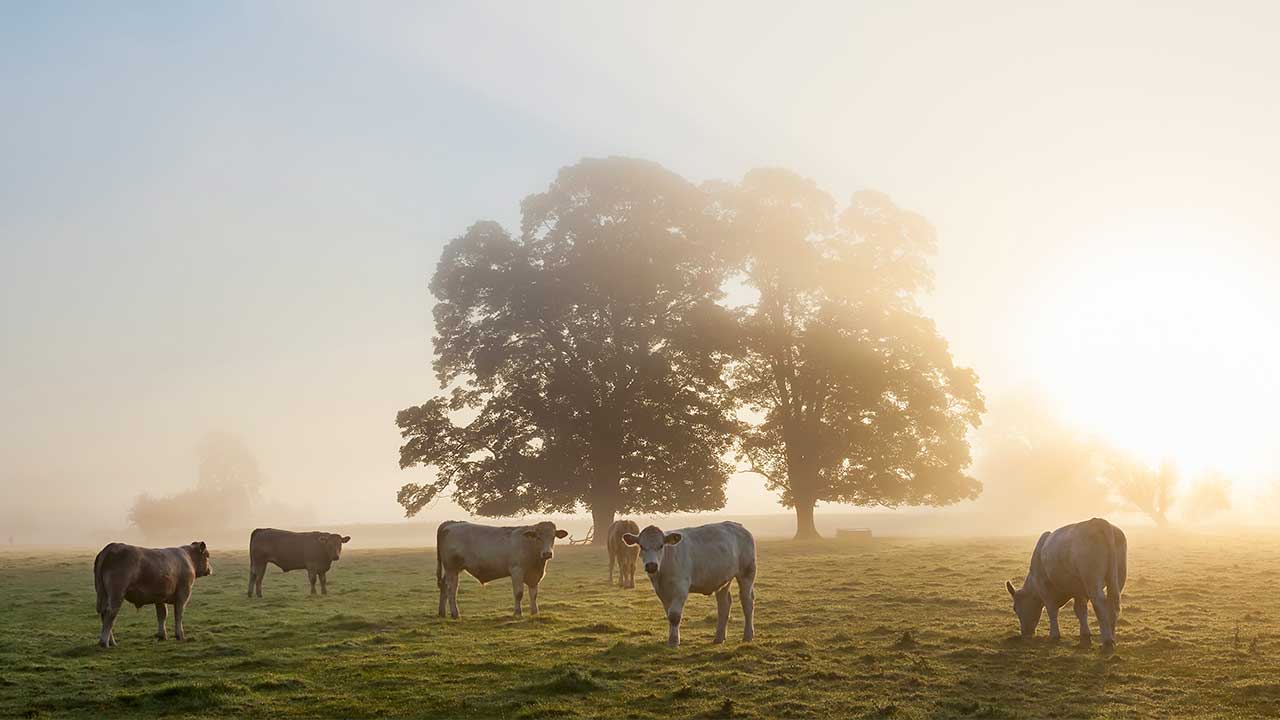
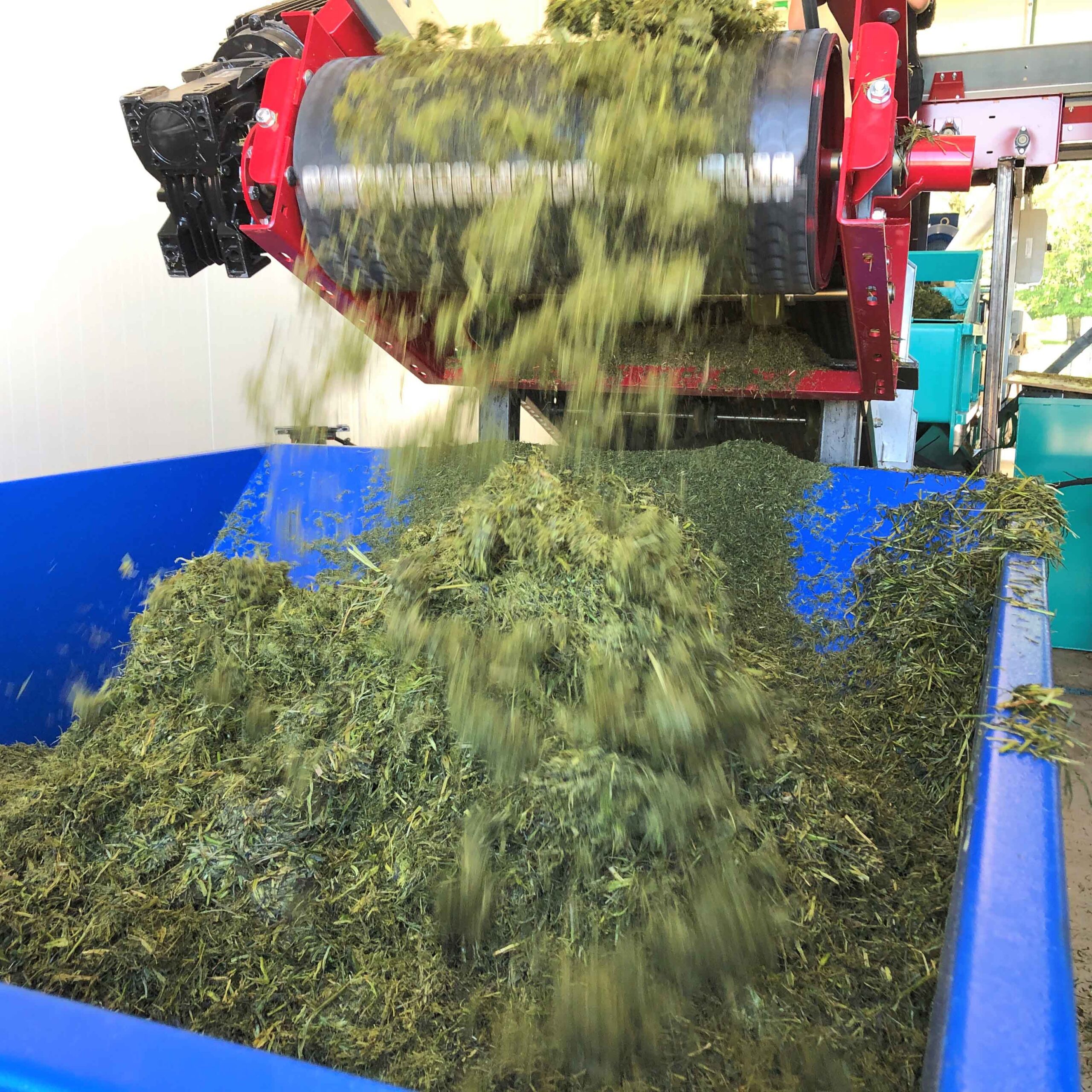
Two demonstrations plants, one in Sweden and one in Denmark
At the Sötåsen plant, mainly silage grass has been pressed. The high-fibre press cake has been used in the project to feed dairy cows and heifers, while the high-protein press juice has been used to supplement wet feeding for growing pigs and sows. In Denmark, the focus has been on refining fresh grass because of a longer growing season. The aim is to demonstrate both the climate and environmental benefits and business opportunities of regionally grown forage crops where grasses and legumes are processed into sustainable energy and high value feed through system and profitability analyses. So far, the project has produced a protein concentrate with a protein content of about 50%, which is equivalent to the protein content of soy.
The project demonstrates that the residues themselves have a high value and can be used both as animal feed and as a substrate in biogas. System analyses have shown that carbon storage in the soil is increased and by integrating the system with biogas it may be profitable to replace imported plant protein. In addition, the two demonstration plants have proven to be a very effective tool for demonstrating and communicating the new technology to stakeholders in agriculture, industry and government.
What long-term effects do we expect?
In the longer term, we expect that a production of green protein in our area has increased as private actors in the agricultural sector have embraced the system solution and invested in more green biorefineries. This has contributed to a more circular and resource-efficient food production, as well as to increased self-sufficiency and new business opportunities for the agricultural sector. Imports of soy protein from other parts of the world have decreased and green protein from grass-clover is used, for example, for human consumption and as animal feed. Residual streams from green protein production are used as substrates for biochar and biogas production and as feed for more animal species, but are also processed into new products such as biomaterials and biochar. The area of grassland has increased, which in turn has increased soil carbon sequestration, improved soil fertility, increased biodiversity and reduced the need for commercial fertilisers and pesticides.
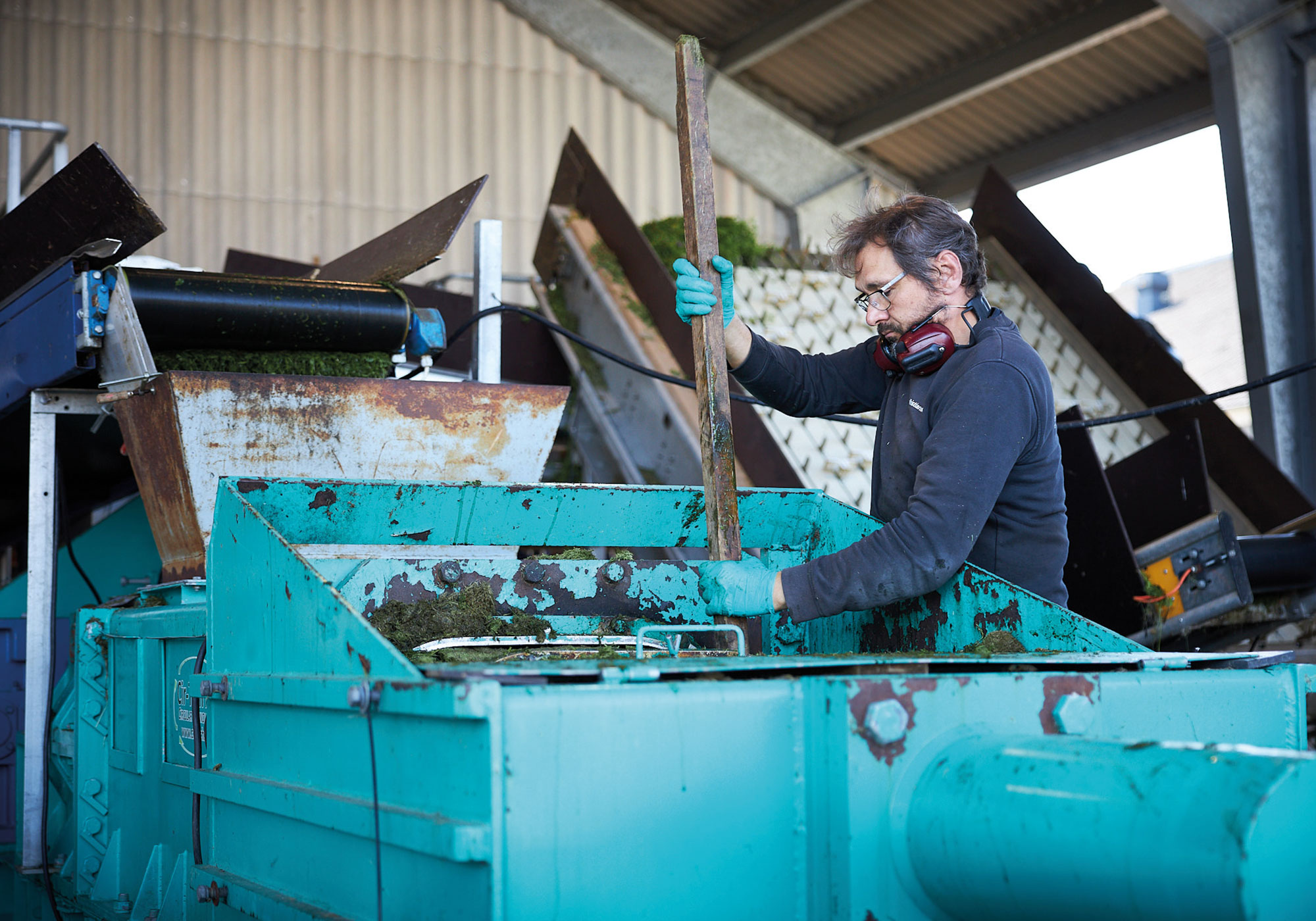
Project partners
Agroväst Livsmedel AB
Agroväst is the lead partner and has overall project management responsibility. Agroväst is also responsible for overall communication and information dissemination in Sweden and Norway. Agroväst is a development company with extensive experience in running both national and international projects within the green industries. The company also runs its own research and innovation programs with the aim of increasing the profitability of agriculture, long-term and sustainably.
Sveriges Lantbruksuniversitet (SLU)
SLU has expert competence in grasslands, forage as well as development and nutrition in ruminants and monogastric animals. In the project, they are responsible for the tests that will be made of products from the development platform’s test and demonstration runs. They will also be primarily responsible for activities related to grassland harvesting and storage systems with the aim of optimizing energy yield while producing high quality protein feed. At SLU in Skara, research and training is carried out around animals, the environment and rural production issues. Here is collected knowledge about a sustainable utilization of the biological natural resources within the environmental and life sciences.
Chalmers
Within the Energy in a Circular Economy area of strength, researchers gather in cross-departmental projects aimed at energy system transformation for a sustainable future. Chalmers has been driving within the preliminary project and brings expertise to the project in the areas of land and biogas use, energy systems, energy technology and methods for system analysis and assessment of the sustainability of biomass-based production. Chalmers has extensive experience of international research collaboration within the framework of EU projects and research networks.
Hushållningssällskapet Sjuhärad
Hushållningssällskapet Sjuhärad adds expertise in biogas production, field trials and contributes with its advisory network important prerequisites for passing on knowledge to rural entrepreneurs. The project contributes with various experiments to measure the biogas potential and assess the feed quality through storage studies of the processed products.
Naturbruksskolan Sötåsen
Naturbruksförvaltning with Naturbruksskolan Sötåsen will be the location for the Swedish node of the development platform for biorefining. Fodder crops will also be grown here which will be included in the feeding trials included in the project, which will also be done here in collaboration with SLU. The Competence Center within the Natural Resources Management works in close collaboration with stakeholders in research, networking and continuing education to achieve Västra Götaland’s goal of contributing to long-term sustainable energy supply and contributing to the energy transition through own transition and through education in the energy field.
Skive Kommune
In order to ensure cleaner water in waterways and lakes, Skive Kommune is working to design a new form of natural farming in vulnerable areas. By making better use of the potential in grasslands, the aim is to contribute to a higher proportion of natural nitrogen to the soil and plants and thus reduce nutrient leakage to the groundwater. Skive Kommune already works actively today in several nearby projects and has an important developed network within the value chain for biogas production. Skive Kommune is responsible for communication and dissemination of information about the project in Denmark.
Institut for Agroøkologi och Institut for ingeniørvidenskab
Aarhus University runs sub-activities related to the production process in biorefining, leads optimization and tests in collaboration with other partners. Within universities there is also important expertise in system analyzes (LCA, Carbon Footprint etc) for new products and production processes. Aarhus University is one of the world’s top ten universities and has a long tradition of partnerships with some of the world’s best research institutions and university networks. Aarhus University attaches great importance to close cooperation with business and a strong commitment to social development.

